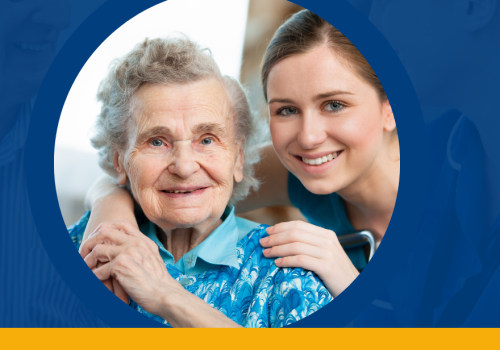They help with tasks such as bathing, dressing, cooking, cleaning, and remembering medications.
Care for the elderly
, or simply care for the elderly (also known in some parts of the English-speaking world as , or simply care for the elderly (also known in some parts of the English-speaking world as care for the elderly), meets the needs of older adults. It includes assisted living, adult day care, long-term care, nursing homes (often referred to as residential care), palliative care, and Home Care near East Canaan CTHome Care near East Canaan CT. A caregiver, caregiver, or support worker is a paid or unpaid person who helps a person with activities of daily life. Caregivers who are members of the family or social network of the person receiving care, who may have specific professional training, are often described as informal caregivers.Caregivers usually help with deficiencies related to old age, disability, an illness, or a mental disorder. Reduced mobility is a major health problem for older adults, affecting 50% of people over 85 and at least a quarter of people over 75. Around one million people received government-subsidized elderly care services, most of them received low-level community assistance, and 160,000 people were admitted to homes permanent. People with dementia need the support of their caregivers, but caregivers don't always have enough guidance to use multi-patient interventions. There are many support groups and resources available for family members and caregivers of people with dementia.
The term caregiver can refer to people who care for someone with a chronic illness or to people who provide support and who influence the personal care behaviors of another person. Caregivers encourage people to leave their homes to take advantage of the health benefits of the resulting physical and mental activity. People are at risk of not following a healthy diet when they are inactive or bed-bound, live alone, are sick, have difficulty eating, are affected by medications, become depressed, have difficulty hearing, seeing or tasting, can't get the foods they like, or have communication problems. The problem cannot be ignored because people over 65 constitute the fastest-growing segment of the population.
These trainings provide information about the condition, how it affects different people differently, and techniques for providing care for a person with dementia. People who need care are also often people who need accessible homes that fit their needs. People with dementia may become restless or aggressive, but treating these behavioral changes with antipsychotic drugs is not a preferable option, unless the person seems likely to harm themselves or others. Pharmacists not only receive specialized training in preparing and dispensing medications, but they also help people understand different treatment options and manage the care they receive when using medications.
However, institutional care for the elderly is increasingly adopted in various Asian societies, as the interface between work and personal life becomes more limited and people with increasing incomes can afford the cost of caring for elderly people.










